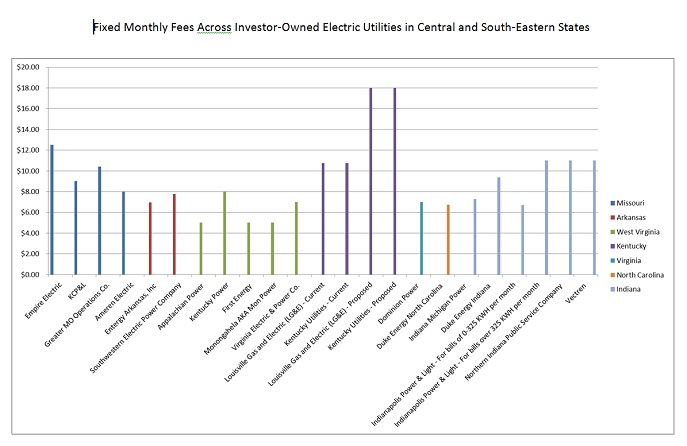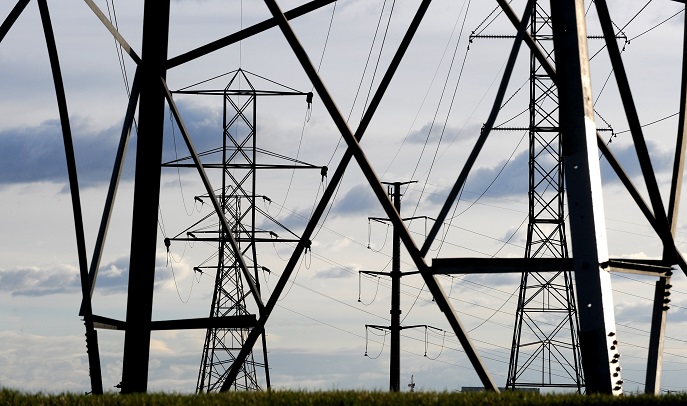On April 21, the Sierra Club scored a major victory as Louisville Gas & Electric Company (LG&E) and Kentucky Utilities Company (KU) agreed to withdraw their proposals to increase the basic service charge for residential electric customers by 67 percent. Under the proposal, customers would have paid $18 a month before consuming a single unit of electricity. As I’ve discussed in a previous blog, high fixed charges send an “all you can eat” message to customers and undermine the incentive to invest in energy efficiency and rooftop solar.
The Sierra Club filed testimony in the general rate cases for both utility companies that highlighted flaws in how the companies had calculated the basic service charge and also explained how this increased charge would undermine energy efficiency. The Sierra Club’s expert, Paul Chernick of Resource Insight, calculated that increasing the service charge would cause LG&E’s residential load to grow by more than 2.5 percent, while KU residential load would increase by 2 percent. These increases would have largely wiped out savings from the companies’ residential demand-side management programs. As the following figure shows, the $18 fixed charge would have been vastly higher than the fixed charges for similar utilities in neighboring states.

Three Kentucky-based advocates for low-income customers also intervened in the rate cases—Metropolitan Housing Coalition, Community Action Council of Lexington-Fayette, Bourbon, Harrison, and Nicholas Counties, and the Association of Community Ministries. These groups all testified to the additional hardship that increasing the fixed charge would impose on low-income customers, by increasing their bills and at the same time diminishing their ability to reduce those bills through conservation.
The companies have submitted the proposed settlement to the Kentucky Public Service Commission, which must review and approve the agreement before it becomes effective. Through the settlement, the companies have also agreed to increase shareholder funding for home energy assistance programs and to work with the nonprofit groups administering those programs to ensure full and fair distribution of funds in those programs. Finally, the companies agreed to immediately begin work on a study of the potential energy efficiency savings among industrial customers. While the companies were already required to undertake this study, as a result of the Sierra Club’s advocacy in last year’s demand-side management docket, preliminary issues had since threatened to delay the commencement of the study. As a result of this settlement agreement, the potential study must be completed within a year, and the companies will begin discussions with their energy efficiency advisory group immediately thereafter.
As utilities around the country attempt similar rate restructuring efforts, the Sierra Club will continue to fight for low fixed charges that create the right incentives for customers to conserve and generate their own clean energy, while protecting low-income customers from these regressive proposals.
